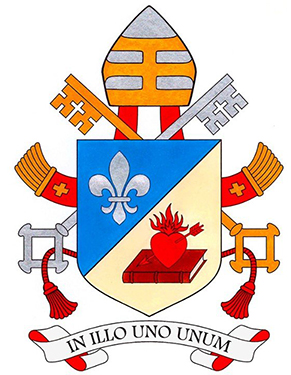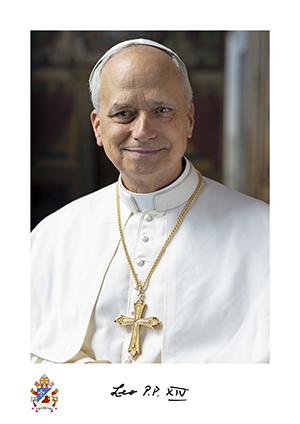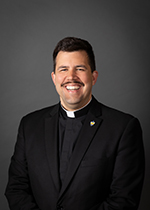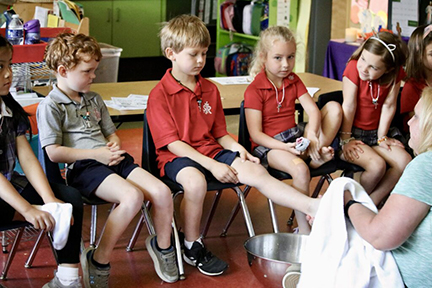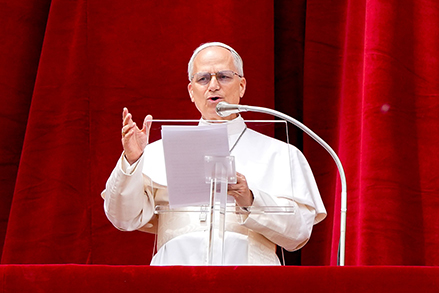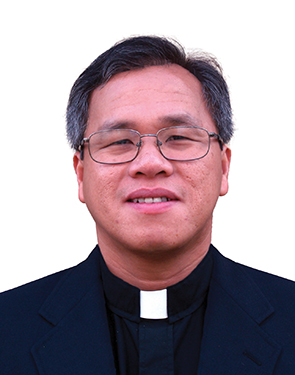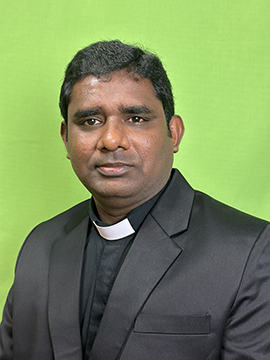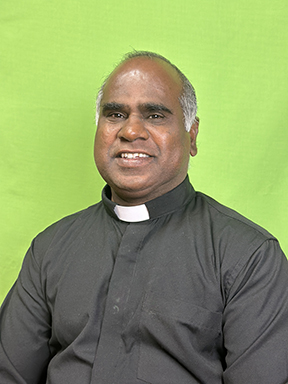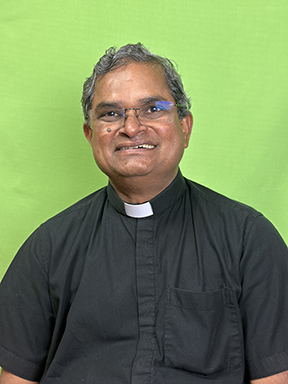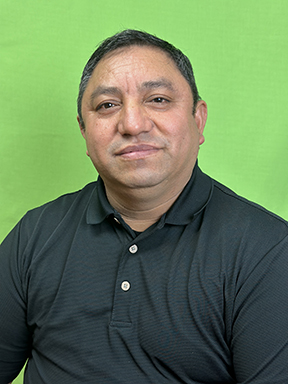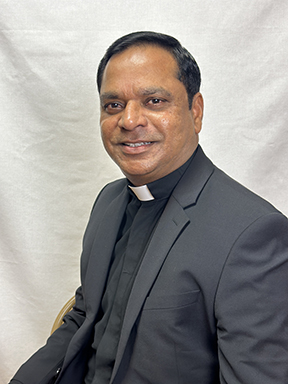GUEST COLUMN
By Deacon Ted Schreck
As I look back over the years since my ordination to the permanent diaconate in June 2016, I recall so many wonderful memories and some difficult times as well. Actually, my journey began years earlier. My baptism was when I was 10 days old back in December 1969; however, when I think about what led more immediately to my call, I think of the time from 2011 when my older brother Mike was ordained as a permanent deacon for the Archdiocese of Kansas City in Kansas. I watched my brother and his family for the years of his formation and was blessed to be present for his ordination. To say the least, this made a lasting impression on me.
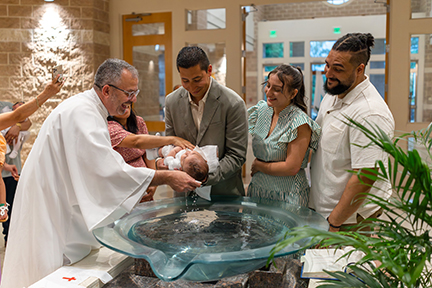
In 2009-2010, I began earnestly considering my own call to consider making an application for the permanent diaconate formation program. At that time, we in the Diocese of Jackson had not had any formation classes for permanent deacons in a very long time. However, while I was watching my brother’s call coming to fruition at his own ordination, I was being encouraged to consider my own call especially among my brother deacons serving in the Diocese of Memphis where I was working both at Memphis Catholic High School and Middle School and at Holy Spirit Catholic Church in East Memphis.
So, the discernment process for me continued in earnest. I wanted to know for myself that I was not seeking some title or specific affirmation for my service in the church. When we finally had an information session at St. Mary’s Catholic Church in Batesville, Mississippi, I welcomed the words from the presenters that the call was “not about you,” but about answering God’s call for his church and his people. This realization that my call to consider the permanent diaconate was not about me, but about seeking to do God’s will in my community was what I needed.
I learned a lot about myself as I reflected on my spiritual autobiography and began to share with friends and long-time neighbors from years previous that I was seriously considering this call to become a permanent deacon. The amazing thing that I heard from these friends and family members was “It’s about time … I’ve seen the servant in you for years.” Talk about God showing others our gifts and we ourselves not recognizing those gifts.
To fast forward, I loved (for the most part) my years of formation with my cohort from the Diocese of Jackson and the men (and their wives) from the Diocese of Memphis. I truly experienced being stretched and formed. I recognized strengths within me and some weaknesses as well. I have to say that while the information and knowledge gained was very important, I grew the most I believe through walking with my brothers through the formation process. We each experienced joys and sorrows over that 5-year period. But we stood together, and we laughed and we cried together.
One funny story that we like to look back on from time to time is when I parked my vehicle at St. James in Corinth to ride along with my brothers from St. Joseph in Starkville up to a retreat at St. Meinrad in Indiana. You may know that Corinth (in the New Testament – the home of the Corinthians) is in modern day Turkey. Well, on that day as I parked my vehicle at St. James in Corinth, I met some not-so-friendly wild “turkeys” that the priest at that time was raising on the church property.
Finally, after five years of formation, I and my brother deacons arrived at the Cathedral of St. Peter in Jackson for our ordination. I remember so many different feelings and joys on that day. The very next day as I returned to Christ the King parish in Southaven for the first Mass after our ordination, I had the opportunity to preach the homily for the first time. Understandably, I wanted to include thanks to my family and my fellow parishioners who had walked along this journey with me. Several parishioners asked me not to make them cry every time I preached like they did that day as I remembered my mother who had passed away many years prior.
So, what have these last almost nine years brought about in my life as a husband, brother, dad, grandfather and deacon? I have celebrated over 75 baptisms, 18 weddings, 4 presentations, 29 funerals, and many opportunities to walk alongside families from very different cultures. And, I have grown with each individual, couple and family I have encountered.
This growth has primarily come through my ability and desire to listen and to connect with others. Each day, I pray that God gives me the strength and the courage to be a better husband, a better father/grandfather/brother, a better friend and a better deacon. And he keeps on answering that prayer beyond my wildest expectations. I’ve certainly made my share of mistakes, but I am truly blessed to get to listen to and connect with more and more people in the six parish communities which I serve and in other parish communities when I have been invited to offer Advent or Lenten reflections.
In my case, I was working in a Catholic school throughout my years of formation and then worked at another Catholic elementary school as the director of development even after my ordination. In early 2022, I took a further step outside my comfort zone and joined the parish staff for the six Catholic parishes of Northwest Mississippi which are served by the Priests of the Sacred Heart as the director of evangelization. I say that this was outside my comfort zone as I considered which qualifications I did not possess (or my weaknesses). But I have been beyond blessed as I pursued this work especially in adult faith formation, OCIA, sacramental preparation, and so much more. I believe that any real success that has come through trusting in God’s will and pursuing my strengths (more than focusing on my weaknesses).
What’s next? I know that there is so much work to do in helping God’s people draw closer to Him and closer to His church. That’s where my focus is! I just pray that I allow God to use me as he sees fit. My goal is to continue to grow as a Man of God, to be faithful to my family, and to fulfill my baptismal promise. Amen!
(Deacon Ted Schreck is the director of evangelization for the Catholic Parishes of Northwest Mississippi. He can be reached at nwms.evangelization@gmail.com. To learn more about the permanent diaconate visit https://bit.ly/JacksonDiaconate.)

